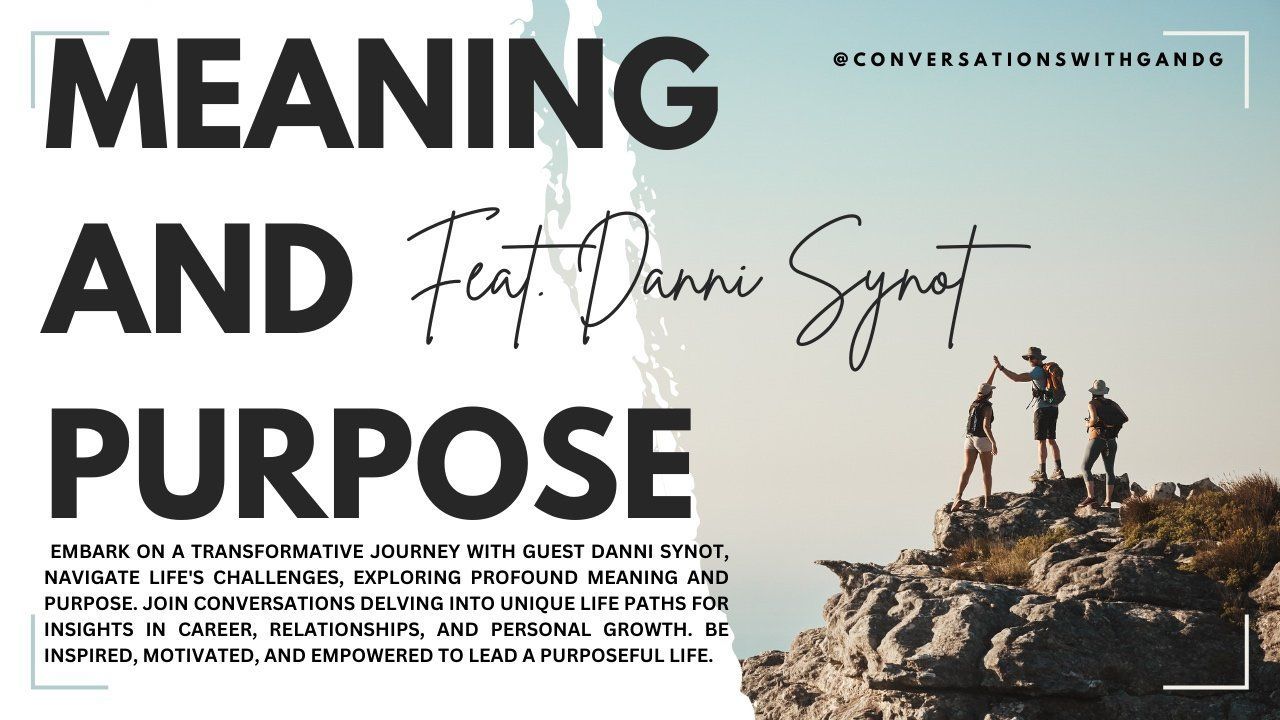Exploring SDA, STA, MTA, and SIL: Understanding Your Accommodation Options within the NDIS.
Navigating the world of disability support can be complex, especially when it comes to accommodation options. In this blog, we'll explore four critical acronyms in the disability sector: SDA (Specialist Disability Accommodation), STA (Short-Term Accommodation), MTA (Medium-Term Accommodation), and SIL (Supported Independent Living). Understanding these options is crucial for individuals with disabilities, their families, and caregivers in making informed decisions.
What is SDA (Specialist Disability Accommodation)?
Specialist Disability Accommodation (SDA) refers to specially designed housing intended for permanent residency, catering to people with extreme functional impairment or very high support needs. As outlined in the NDIS guidelines, SDA encompasses homes that are built or modified with special designs for enhanced accessibility and durability. It's crucial to understand that SDA funding focuses on the physical environment of the accommodation and does not cover support services. This type of accommodation is a long-term solution, offering individuals a stable and suitable living space where they can receive the necessary support for their daily lives.
What is STA (Short-Term Accommodation)?
Short-Term Accommodation (STA) is a vital support option designed for individuals with disabilities who require a temporary stay away from their usual living arrangements. This type of accommodation, as detailed on the NDIS website, is ideal for providing respite for both the participant and their caregivers. STA offers a unique combination of integrated support for self-care, accommodation, food, and activities, all within a short-term setting.
What is MTA (Medium-Term Accommodation)?
Medium-Term Accommodation (MTA) is a crucial support item for individuals with disabilities who are in transition to a more permanent living situation. As outlined on the NDIS website, MTA is specifically designed to provide a stable and supportive living environment during transitional periods. This type of accommodation is typically utilized for up to 90 days and is particularly beneficial for those awaiting the readiness of their long-term home or the arrangement of necessary disability supports.
What is SIL (Supported Independent Living)?
Supported Independent Living (SIL) is a long-term support solution designed for individuals with disabilities who require assistance with daily activities to live independently in their own home or a shared living arrangement. As detailed in the NDIS guidelines for SIL, SIL encompasses a range of support services tailored to the individual's needs.
Understanding SDA, STA, MTA, and SIL is essential for finding the right accommodation and support for individuals with disabilities. Each option serves a different purpose, catering to varying needs and circumstances. At Accessible Lifestyle, we are committed to helping you navigate these options to find the best fit for your unique needs. From SDA, STA, MTA, and SIL options supported by the NDIS to our private accessible Airbnb-style stays, we offer environments where comfort, accessibility, and independence are paramount. Contact us now to discuss your needs, and let us tailor a package and a customised quote for you.

